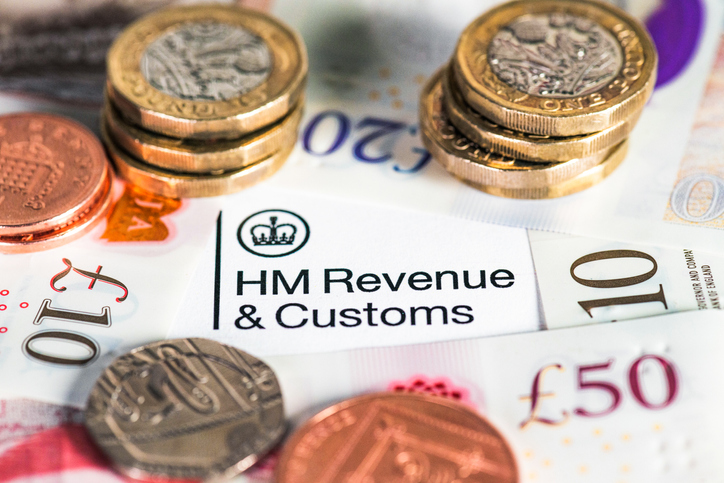Figures from the taxman suggest that small businesses made up 56 per cent of the tax gap in a single year, equivalent to £20.2bn, say law firm Pinsent Masons.
This figure has risen for four consecutive years, with small businesses believed to be responsible for 40 per cent (£12.8bn) of the tax gap in 2017/18.
The tax gap is what should theoretically be collected by HMRC and what is collected.
Steven Porter, partner and head of tax disputes and investigations at Pinsent Masons, said: “HMRC is really shifting its attention to small businesses. It has worked hard to reduce the amount of tax that goes unpaid from large businesses and high net worth individuals – but it still has a lot of work to do on SMEs.”
He added that HMRC’s focus on large businesses and wealthy individuals means that small businesses get less attention. Investigations into small businesses anecdotally often take longer to complete and problems can persist for years.
“For example, there are cases of small businesses continuing to use tax avoidance schemes for years after they were virtually wiped out among large businesses and high net worths,” he said.
See also: HMRC tax investigations: Eight reasons HMRC might audit your business – Here are some of the common triggers associated with HMRC tax investigations, along with how you can reduce the chance of them occurring
“Small businesses that aren’t tax compliant should not be surprised if they are investigated by HMRC over the next couple of years. That’s clearly the direction that HMRC looks set to go into based on these figures. Getting out ahead of that problem by taking professional advice would be a very good idea at this point.”
The tax gap has held steady at 4.8 per cent (£35.8bn) of all tax theoretically due – the same as last year.
Figures from the government’s latest Measuring tax gaps report show that at 56 per cent (£20.2bn), small businesses make up the largest proportion of the tax gap by group, followed by criminals (£4.1bn), large businesses (£3.9bn) and mid-sized businesses (£3.8bn). Wealthy individuals account for 5 per cent (£1.7bn) of the tax gap while all other individuals account for 6 per cent (£2.1bn) of the tax gap.
Income Tax, National Insurance contributions and Capital Gains tax make up 35 per cent of the tax gap when measured by type of tax. The VAT gap continues to narrow, falling from 14 per cent (£11.9bn) in 2005/6 to 5.4 per cent (£7.6bn) in 2021/22.
Failure to take reasonable care (30 per cent), error (15 per cent), evasion (13 per cent), legal interpretation (12 per cent) criminal attacks (11 per cent) and non-payment (9 per cent) are cited among the main behavioural reasons for the tax gap, according to the report.
Read more
What is the VAT threshold? – At what point does your small business have to start paying VAT? Should you voluntarily pay VAT? And what are legitimate ways to stay under the VAT threshold?
7 ways to reduce your corporation tax bill – All limited companies must pay corporation tax on the profits they make, but there are entirely legitimate ways to reduce the amount you pay says James Johnson, a partner at Hillier Hopkins
What is rateable value in 2023? – What is rateable value and how has it changed as of 1 April 2023? What you need to know if you want to appeal your rates bill





